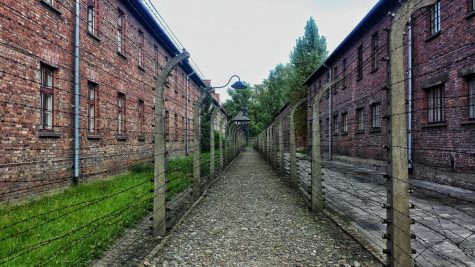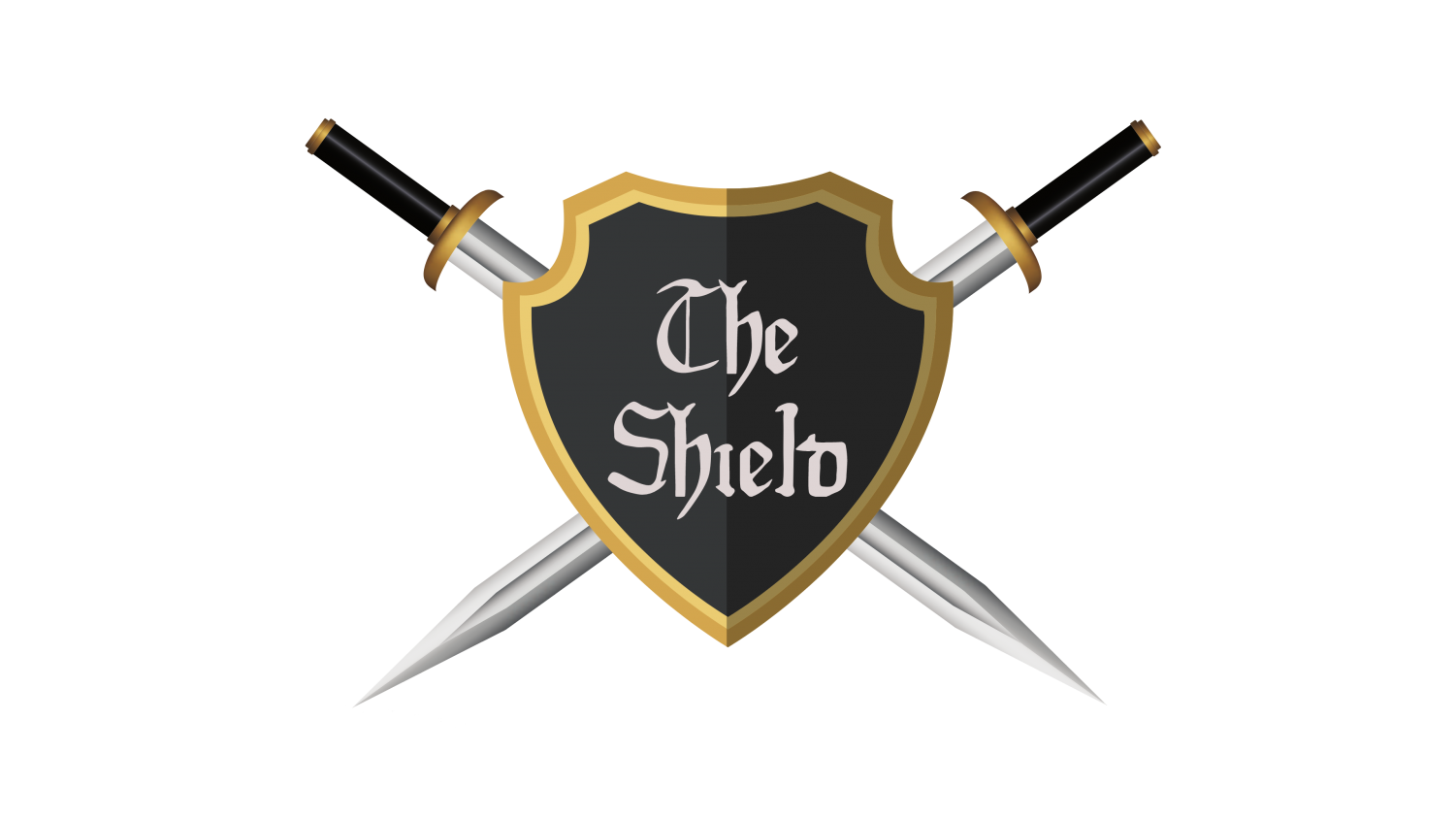Holocaust Memorial Day: Honoring the Lives Lost

It can seem that every second, the world grows increasingly more chaotic and unfocused. With headlines run rampant by stories of political corruption, environmental crisis and the persistent presence of discrimination in societies, the time put aside to remember our arguably messier history is scarce. Every January, though, there comes a day that the world and its leaders come together in unified solemnness in remembrance of the millions of lives lost in the Holocaust. This year was no different, as Holocaust Memorial Day reached its 75th anniversary, once again reminding humanity that the stories of the past should never be the possibilities of the future.
The official establishment of an International Holocaust Remembrance Day was dictated by the UN General Assembly, who chose the date of January 27th, for it was then that the persecuted Jews and other minorities of Auschwitz were freed from their confinement. However, the time of memoriam is not just focused on Auschwitz, but the global horrors and millions of victims of the Holocaust who must never be forgotten. It is this- the annual reminder of a chapter in history colored by the cruelty of mankind- that makes Holocaust Memorial Day, eternally paramount.
Leaders from every continent attended memorial services and gatherings, often to give or listen to speeches that honor the occasion. “Today we hear voices which spread hate, on the internet, on the street and in centers of political power,” Israeli President Reuven Rivlin said while visiting a former concentration camp “Our duty is to fight antisemitism, racism and fascist nostalgia.” Other countries reflected similar sentiments while lamenting about such heavy subjects. “The Holocaust was one of the darkest chapters in human history. Today, we remember and pay tribute to the more than six million Jews who were senselessly murdered… We also honor the survivors and share their stories of courage, hope and perseverance…” Canadian Prime Minister Justin Trudeau said in a published statement.
Of course it wasn’t just political figures who spoke of the Holocaust; many events were attended by those who actually survived imprisonment in concentration camps and lived to speak on the past unthinkable atrocities. “We could hear children coughing, crying, choking from the gas…and the great fear we experienced is that maybe you will be the next victim,” Auschwitz survivor Yvonne Engelman told spectators outside the site she had been liberated from 75 years earlier. “I have no graves to go to and I know my parents were murdered here and burned. So this is how I pay homage to them.” Others gave warnings of the repercussions of forgetting the unfathomable events that unfolded during World War II. “Young people should understand that nothing is for sure, that some terrible things can happen, and they have to be very careful,” fellow Holocaust survivor Jaenette Spiegel warned in an emotionally-driven and profoundly powerful speech. “And that, God forbid, what happened to the Jewish people then should never be repeated.”
It is often said by people that history is a pointless subject, and that the lives of those in the past hold no connection to the lifestyles of the present. Furthermore, it is so easy to not think about what happened once before and instead focus on the abundance of conflicts that occur on a daily basis. But to ignore history is to shun the incredible strength of Yvonne Engelman, Jaenette Spiegel and the thousands of Holocaust victims who still live and have a story to tell. A story, tragic as it undeniably is, that is as important today as it was 75 years ago.

